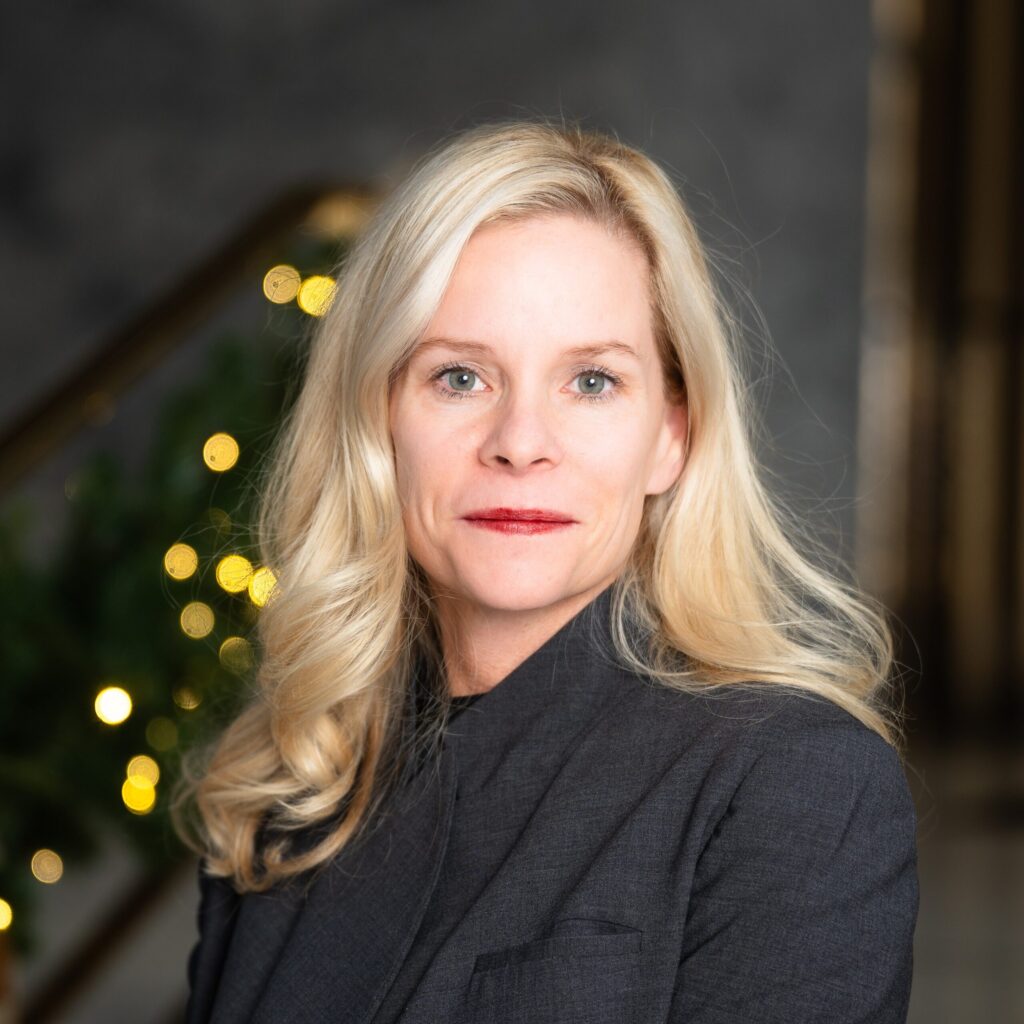On April 2, 2025, we followed Dr. Erin Rothwell, the University of Utah’s Vice President for Research, through a single day of big ideas, quiet rituals, billion-dollar impact, and handwritten kindness—proving that the future of research is as human as it is bold.
The day begins before sunrise in Park City. As snow settles on the Wasatch and the sky shifts from deep blue to gold, Dr. Erin Rothwell is already easing into the rhythm of the day—not with haste, but with intention. With coffee in hand and silence as company, she prepares for what lies ahead: a full schedule of strategy, decisions, and connection.
By 7:30 a.m., she’s on campus, leading a call with research leaders. Her schedule is packed: a strategic planning session, the Undergraduate Research Symposium, meetings with staff, and time set aside to write thank-you cards—small gestures that reflect her leadership style: focused, deliberate, and people-centered.
Not Just Milestones, But Impact
In a morning strategy session, Dr. Rothwell outlines the university’s research priorities: expanding federal funding sources, improving reproducibility, and accelerating early-stage innovation. It’s not just about growth—it’s about purpose.
“We’re not pursuing a billion-dollar milestone,” she says. “We’re pursuing a billion-dollar impact.”
That impact is defined by outcomes: broader access to gene therapies, more energy-efficient computing, and healthier birth outcomes. “Impact means people’s lives get better,” she adds.
She acknowledges the steady weight of the role. “I think about every researcher trying to get a grant, every big idea that needs support. That’s always with me.” But the focus remains forward.
“What keeps me moving is the impact—knowing this work can and does change lives.” — Dr. Erin Rothwell
Moments That Matter
At the Undergraduate Research Symposium, Rothwell moves from poster to poster, engaging with students and their work. “I spoke with two undergrads—one on gene editing, the other on pharmaceutical interventions,” she recalls. “It felt like talking to PhDs. It reminds me of the importance of the next generation of scientists.”

For Rothwell, these moments are more than inspiring—they’re essential. “Investing in STEM talent now positions Utah to lead in areas like AI, energy, and biomedical research. This is how we grow our future workforce.”
Later that day, as part of the university’s Day of Kindness, she writes notes to colleagues. Most simply say “thank you”—a reflection of her belief that culture is shaped not just by what we do, but how we show up for each other.
“I didn’t realize how much gratitude I was carrying until I started writing,” she says. “It reminded me how powerful it is to pause and say thank you.”
Driving, Thinking, Leading
At home, Rothwell finds the perspective that fuels her leadership. Her family offers both inspiration and a reminder of what’s at stake. She is humbled and grateful that her daughters get to grow up in Utah, where we have so many opportunities to engage in a high-quality life.
“When I think about the life we’re building here,” she says, “it reminds me why this work matters. If we fall behind in the tech race, we risk the quality of life that makes Utah so special. I want families—mine included—to have not only the same, but more opportunity, more access, and a future that thrives.”
If you followed her through a day like this, you’d see collaboration, intention, and drive. Most of all, you’d see a research community that’s moving forward—and a leader committed to helping it do just that.
This snapshot of Dr. Rothwell’s schedule, reflections, and interactions all took place on a single day: April 2, 2025. The impact of her leadership, however, continues every day forward.
